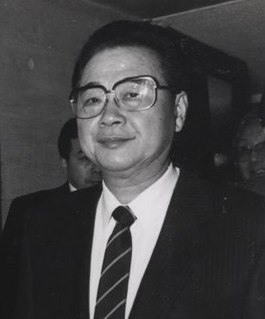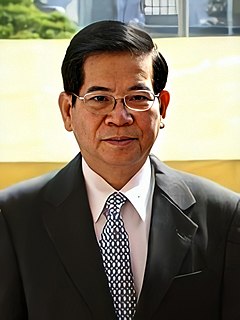A Quote by Martin Jacques
We still insist, by and large, in thinking that we can understand China by simply drawing on Western experience, looking at it through Western eyes, using Western concepts. If you want to know why we unerringly seem to get China wrong... this is the reason.
Related Quotes
The reason why China forecasting has such a poor track record is that Westerners constantly invoke the model and experience of the West to explain China, and it is a false prophet. Until we start trying to understand China on its own terms, rather than as a Western-style nation in the making, we will continue to get it wrong.
The Soviet transition to a new political structure shows that the Soviet strategists are thinking, planning and acting in broad terms, way beyond the imagination of Western politicians. For this reason Western politicians cannot grasp the fact that the Soviet intention is to win by 'democratic' means. Through transition to a new system, the Soviets are revitalising their own people and institutions, and they are succeeding. Contrary to Western belief, they are holding their ranks together.
There's this long history of colonialism and the colonial gaze when applied to matters related to China. So a lot of conceptions about China in literary representations in the West are things you can't even fight against because they've been there so long that they've become part of the Western imagination of China.
The governments and the communist parties in Vietnam and China are doing their best to develop their local economies. But the rise of countries in Asia is not in opposition to development and affluence in Western nations. It is a mutually beneficial development. The interests of Western investors are protected in our country. Both we and the West benefit from this in equal measure.
A lot of Americans desperately want to believe that China is full of poor people who can't innovate, and the only goods they make are cheap, toxic rip-offs our Western brands. They want to believe the only reason the Chinese economy is surging is because the West wants cheap goods and China knows how to make them that way.































